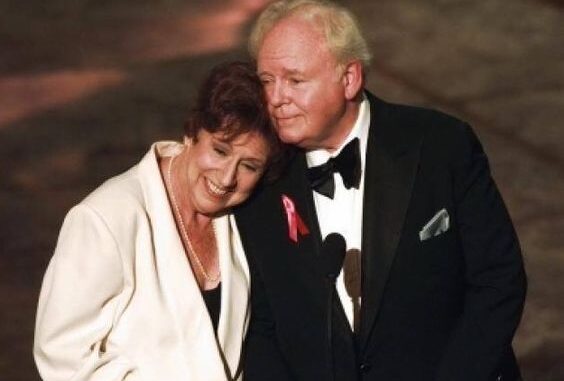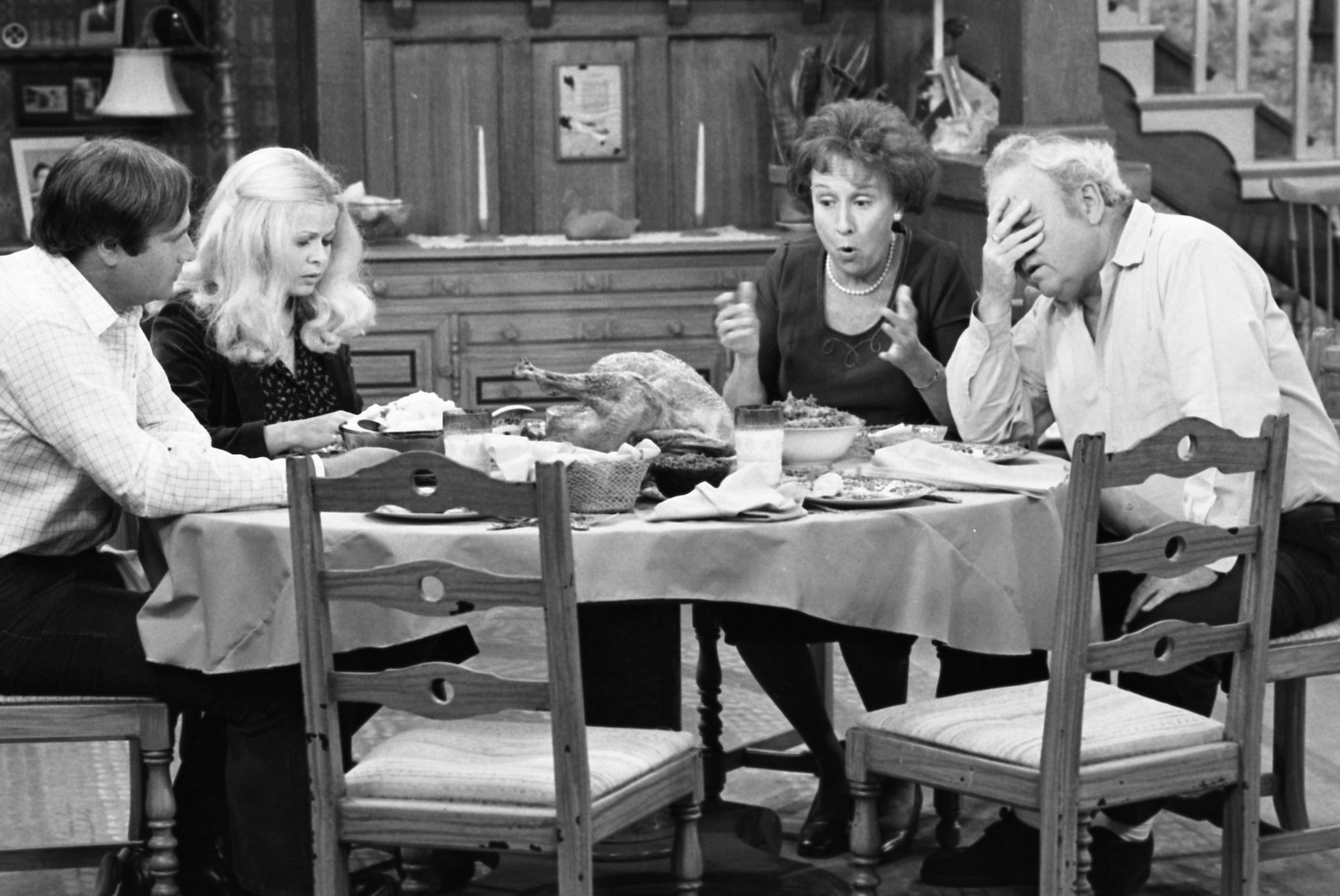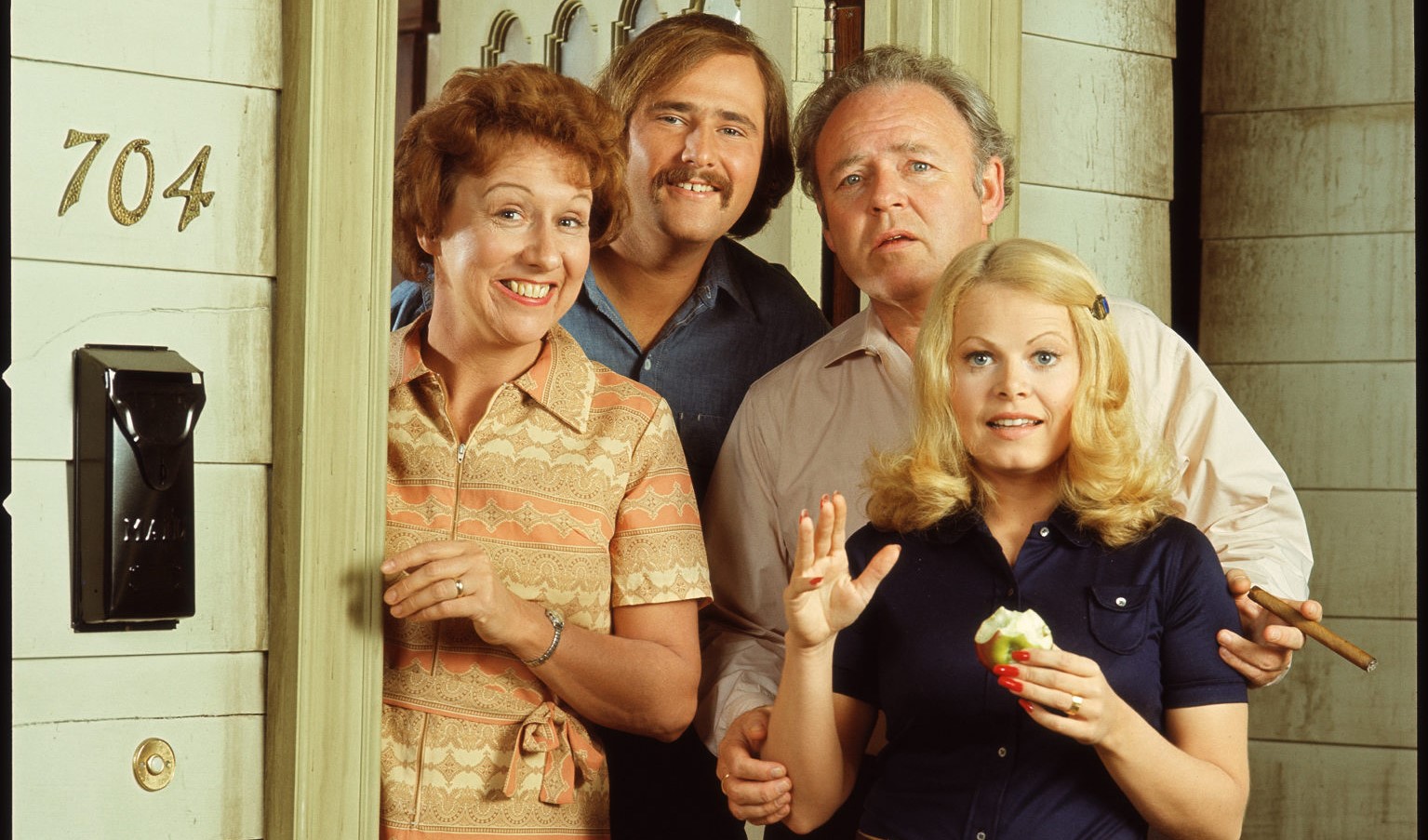
The iconic opening line, “Boy, the way Glenn Miller played,” instantly conjures nostalgic memories of the groundbreaking sitcom All in the Family. Airing from 1971 to 1979, this beloved show not only captivated audiences but also spawned a remarkable array of spin-offs, some of which have endured in cultural memory while others have faded into obscurity.
Among these lesser-known extensions is 704 Hauser, a show that many might not recognize, having only aired for a brief nine episodes in 1994. Despite its short-lived existence, the impact of All in the Family continues to resonate, particularly in the ongoing conversations surrounding its unforgettable characters and their complex relationships.
The Significance of ‘All in the Family’
As noted by the Smithsonian, All in the Family emerged during a transformative period in American television, becoming a cultural touchstone under the guidance of influential producer Norman Lear. Centering on the life of Archie Bunker, portrayed by Carroll O’Connor, and his wife Edith, played by Jean Stapleton, the show tackled social issues with a unique blend of humor and heart. Archie, a staunch conservative, often found himself in heated debates with his liberal son-in-law, Michael “Meathead” Stivic, portrayed by Rob Reiner. This dynamic not only entertained but also offered a platform for discussing class, race, and gender in a rapidly changing America.
The show was revolutionary in its portrayal of working-class Americans, challenging the prevailing media narrative that depicted a homogeneous middle-class society. As the Smithsonian highlighted, “Archie was one of television comedy’s first white hourly wage earners,” providing visibility to those who often felt overlooked. So significant was Archie Bunker’s character that his iconic chair now resides in the Smithsonian Museum of American History, a testament to the show’s lasting influence.
Exploring the Spin-offs: A Mixed Legacy
All in the Family produced a total of seven spin-offs, each with varying degrees of success. The first was Maude, featuring Bea Arthur as Edith’s cousin, which ran from 1972 to 1978. This was followed by Good Times, a spin-off of Maude, which aired from 1974 to 1979 and is fondly remembered for Jimmie Walker’s catchphrase, “Dyn-o-mite!”
The most enduring of these spin-offs was The Jeffersons, which followed the Bunkers’ Black neighbors as they moved to a luxurious apartment on Manhattan’s Upper East Side. Archie Bunker’s Place continued Archie’s story after Edith’s passing, airing from 1979 to 1983. However, none could match the impact of the original series.
The final spin-off, 704 Hauser, presented an intriguing twist by showcasing a liberal Black family moving into Archie’s former home, but it failed to capture viewers’ attention. Despite having a more successful run than Gloria (1982-1983) and eclipsing the brief Checking In (which lasted only four episodes), 704 Hauser quickly faded into obscurity.
Hidden Talents from the Spin-off Universe
While most of the spin-offs may not be widely remembered today, they did introduce audiences to talents who would go on to achieve significant success in other arenas. Notably, Danielle Brisebois, who played Stephanie in Archie Bunker’s Place, transitioned from acting to songwriting, crafting chart-topping hits for artists like Natasha Bedingfield. Her work includes iconic songs such as “Unwritten” and “Pocketful of Sunshine,” as well as “Here’s to Us” by Halestorm. Additionally, she received an Oscar nomination for “Lost Stars,” featured in the 2013 film Begin Again, showcasing her multifaceted talent.
Though 704 Hauser may not have achieved the recognition of its predecessor or its more successful spin-offs, it nonetheless serves as a reminder of the enduring legacy of All in the Family and the rich tapestry of stories that emerged from its groundbreaking narrative. Even as the show’s most memorable theme song continues to echo in our minds, the journey of its characters and their stories remains a significant chapter in television history.
